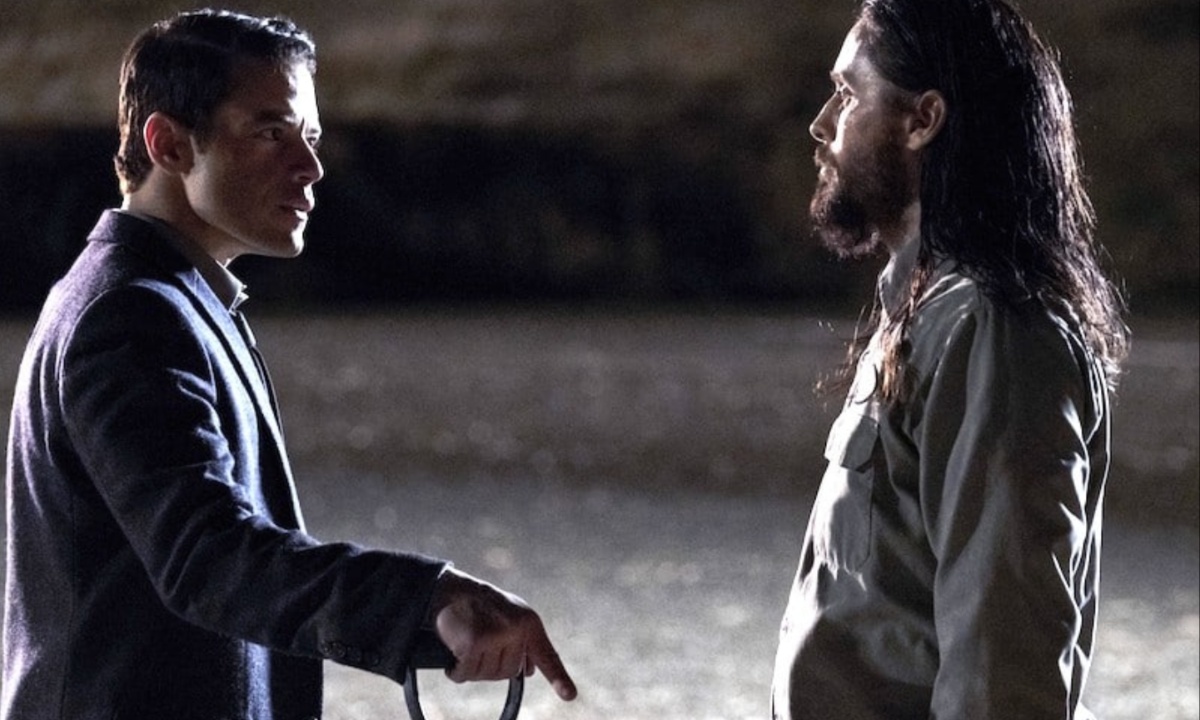John Lee Hancock’s The Little Things challenges typical expectations of crime thrillers, particularly in its treatment of the genre’s common tropes. The film initially sets up the familiar elements of a murder mystery, following two detectives as they search for a brutal serial killer.
However, instead of focusing on unraveling the mystery of the killer’s identity, Hancock directs attention to the emotional and psychological struggles of the detectives themselves. This subversion of the genre highlights the impact of obsession, guilt, and unresolved trauma, ultimately placing the investigation into a deeper context beyond just solving a crime.
The characters at the center of The Little Things are not typical action-hero protagonists. Joe “Deke” Deacon, played by Denzel Washington, is a former LAPD detective who left the force after a series of mistakes that haunted him. Now working in a less prestigious role, Deacon carries the weight of his past decisions.
Rami Malek’s Sergeant Jim Baxter is an ambitious, methodical officer who comes to represent the idealism of youth in contrast to Deacon’s experience. Their partnership forms the emotional backbone of the film as they work together on a chilling murder investigation that ultimately tests their character and moral boundaries.
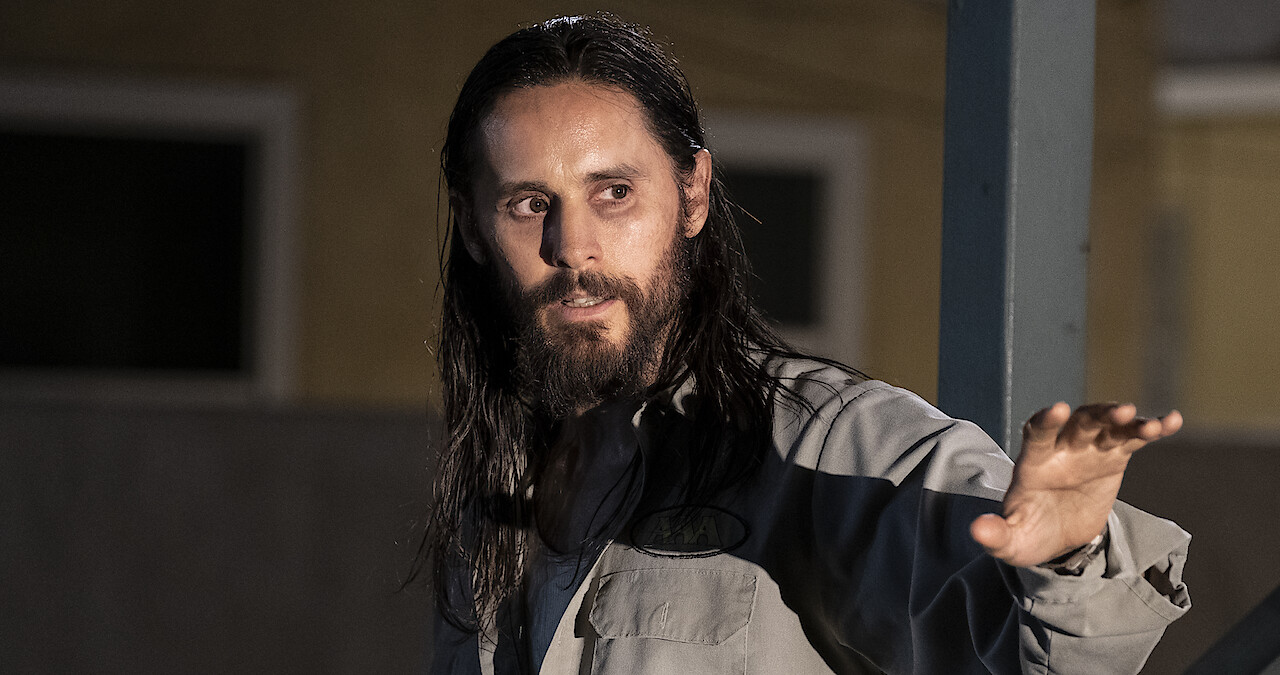
The Serial Killer on the Loose
The central investigation of The Little Things revolves around a serial killer targeting young women in Los Angeles. The killer’s method involves preying on vulnerable women and leaving their bodies in disturbing, staged positions. The brutality and disturbing nature of the crimes weigh heavily on the characters, particularly Baxter, who is driven by the need to catch the killer.
Deacon’s involvement in the case, despite his personal demons, connects the two men and brings them into a shared obsession with finding the truth. The eerie depiction of the killer’s crimes sets the dark tone for the rest of the film, but the true focus is not on the killer, but on the men chasing him.
Albert Sparma, played by Jared Leto, emerges as the prime suspect in the case. A strange and unhinged figure, Sparma seems to fit the profile of the killer in disturbing ways. He is a drifter with a criminal history and a peculiar behavior that immediately raises suspicion.
Though the evidence linking him to the crimes is circumstantial, both Deacon and Baxter become convinced that Sparma is involved. His unsettling demeanor and strange actions lead them to focus their attention on him, and the two detectives become increasingly obsessed with proving his guilt. Sparma’s role as the enigmatic suspect raises questions about whether the detectives are targeting him based on their own biases and emotional needs rather than clear-cut evidence.
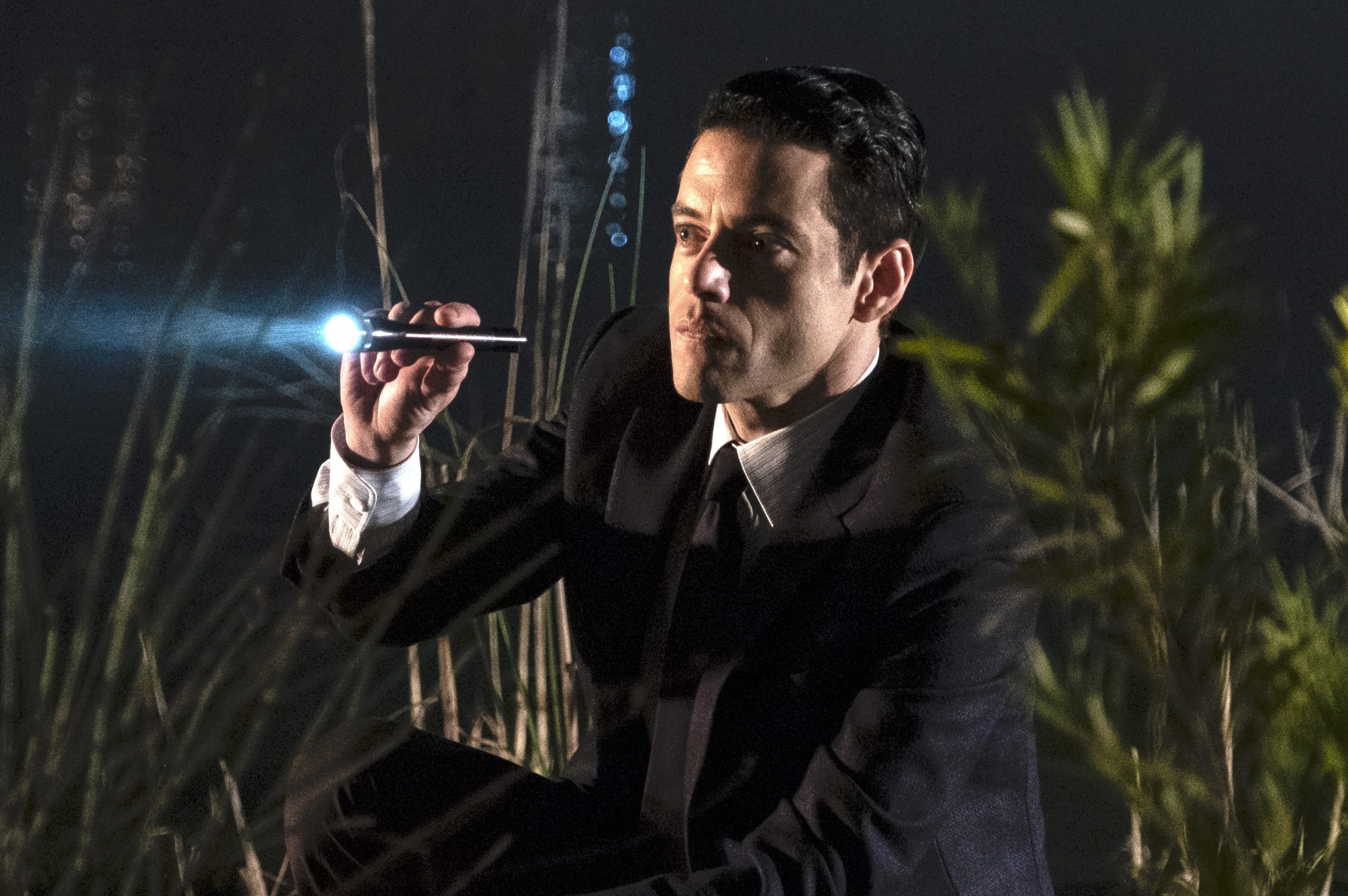
Obsession and the Desire for Closure
The emotional depth of The Little Things comes from its focus on the characters’ obsessions with solving the case and the personal closure they desperately seek. Deacon’s unresolved guilt from his past failures as a detective compels him to become increasingly involved in the case, despite his outward detachment.
Baxter, driven by his ambition and his desire to prove himself, becomes fixated on bringing the killer to justice. This shared obsession creates a powerful narrative, as both characters begin to lose sight of the professional boundaries they once maintained. The need for closure becomes all-consuming, clouding their judgment and leading them to take extreme measures in the name of justice.
One of the pivotal moments in The Little Things comes during an interrogation scene where Baxter confronts Sparma. Tensions are high as Baxter tries to provoke a confession from the suspect, who seems to enjoy taunting the detective. Sparma’s behavior only deepens Baxter’s resolve to break him, but it also reveals the emotional toll the investigation is taking on both detectives.
Sparma plays with the detectives, drawing them deeper into his psychological games. The scene underscores the moral and emotional complexities of the investigation, where professional ethics begin to erode, and personal demons drive the characters toward increasingly desperate actions.
The film builds to a climactic moment in the California desert, where Baxter confronts Sparma once again. After Sparma claims to know the location of a victim’s body, Baxter follows him into the desert in search of answers. This confrontation reaches its boiling point when Sparma continues to taunt Baxter, leading the detective to lose control.
In a moment of blind rage, Baxter strikes Sparma in the head with a shovel, killing him. The shock of the murder forces both characters to grapple with the consequences of their actions. This act of violence marks a pivotal turning point in the film, revealing the extent to which the detectives have crossed moral lines in pursuit of justice.
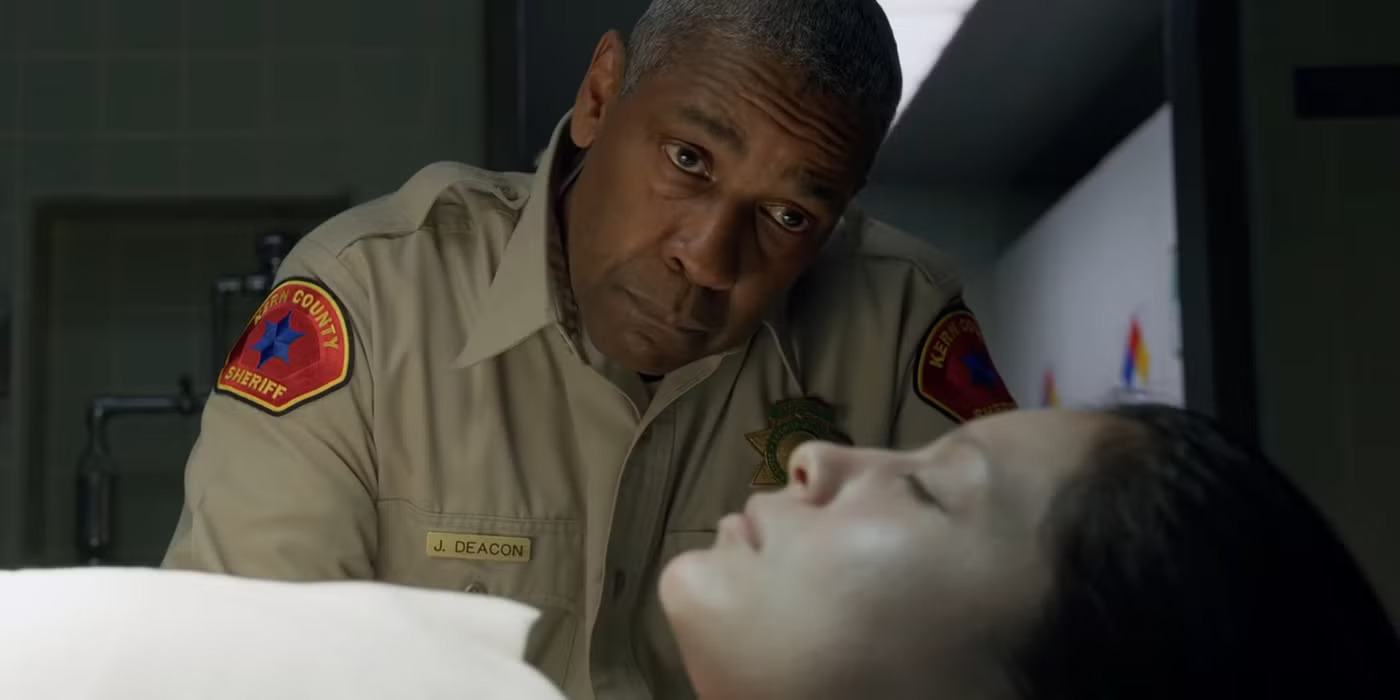
The Consequences of Murder
In the aftermath of Sparma’s death, Deacon arrives at the scene and orders Baxter to bury the body to cover up their actions. Though the murder was an act of desperation, it signals the point of no return for both detectives. While Deacon tries to protect Baxter from the consequences of his actions, the detective remains rattled and continues to dig in an attempt to find the killer’s true victim.
The emotional toll of Sparma’s death and the unresolved nature of the case weigh heavily on Baxter, and his obsessive digging symbolizes the futile search for closure. The film’s refusal to provide a definitive resolution to the case emphasizes the ambiguity surrounding justice and guilt.
A significant portion of The Little Things focuses on Deacon’s tragic past, which explains why he is so deeply affected by the events of the film. Years earlier, he was involved in a case where he mistakenly shot an innocent woman during an investigation. This tragic error marked the beginning of Deacon’s personal and professional downfall.
The guilt from this incident has haunted him ever since, manifesting in disturbing visions and psychological breakdowns. Deacon’s troubled history reflects the larger themes of the film—how past mistakes can shape a person’s future and the devastating impact of unresolved guilt.
One of the most significant choices in The Little Things is the decision to leave the killer’s identity unresolved. While the film offers clues suggesting that Sparma could be the murderer, it stops short of confirming this. Instead, the film focuses on the emotional and psychological consequences of the investigation of the characters.
Baxter receives a red barrette, which is linked to one of the killer’s victims, and Deacon implies that Sparma was indeed the murderer. However, this is revealed to be a lie—Deacon purchased the barrette to give Baxter the closure he desperately sought. By leaving the killer’s identity uncertain, the film challenges the notion of definitive justice and highlights the ambiguity of the characters’ emotional experiences.
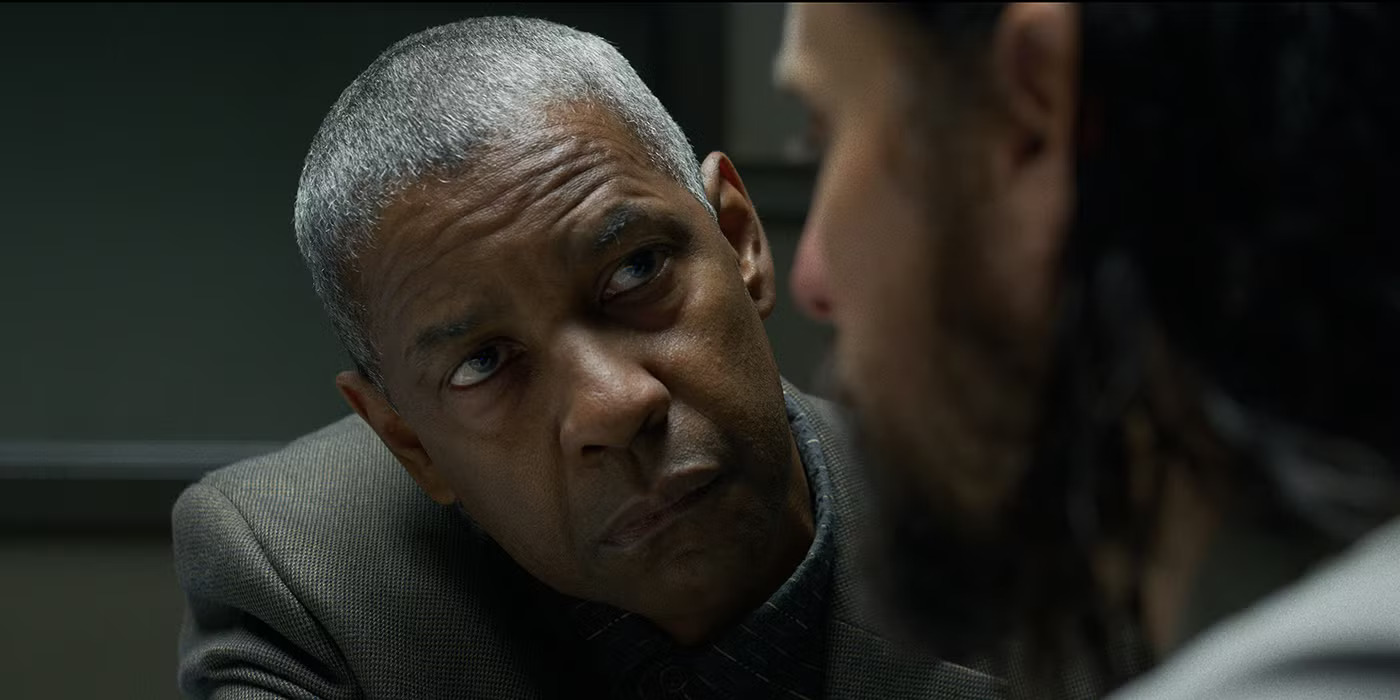
The Moral Ambiguity of the Ending
The film’s ending raises significant moral questions about the actions of the detectives. While Deacon and Baxter both act out of a desire for closure, their actions are morally compromised. Deacon helps cover up Sparma’s death, perpetuating a lie in the hope of absolving Baxter’s guilt.
However, this act of deception raises concerns about the broader implications of their actions. The film suggests that the pursuit of personal closure can lead to moral decay, where justice takes a backseat to individual emotions. In doing so, The Little Things critiques the system of law enforcement and questions whether true justice can ever be achieved when personal emotions and biases take precedence.
The Little Things received a mixed reception from critics and audiences alike. Some appreciated the film’s exploration of the psychological depth of its characters, while others found the ambiguous ending unsatisfying. Critics were divided on whether the film’s refusal to provide a clear resolution to the mystery was a bold artistic choice or a frustrating cop-out.
While the performances of the lead actors were widely praised, the film’s slow pacing and lack of a definitive conclusion left many viewers unsatisfied. Nevertheless, the film’s exploration of guilt, obsession, and the consequences of actions raised important moral and philosophical questions, sparking debate among those who saw it.

